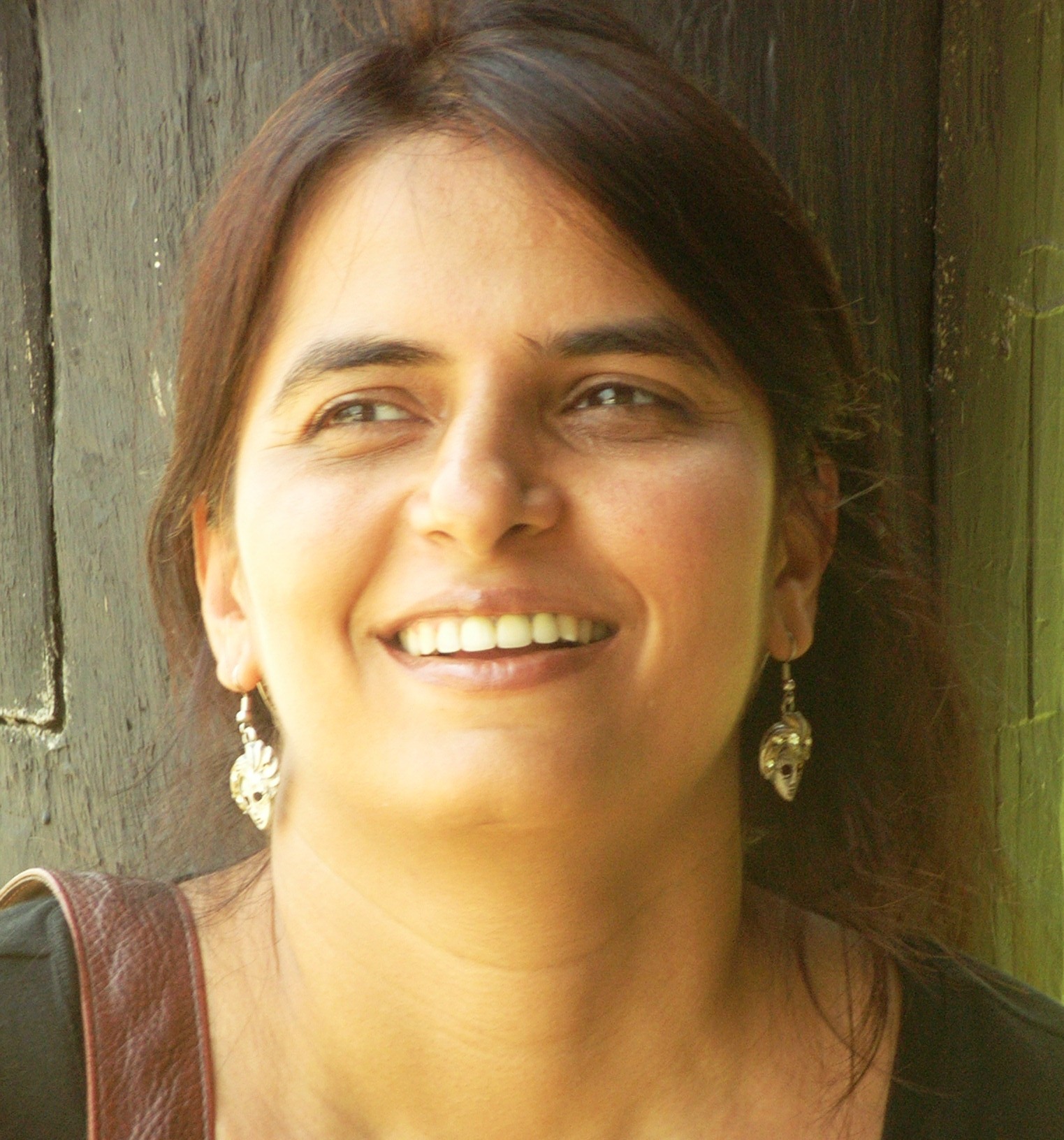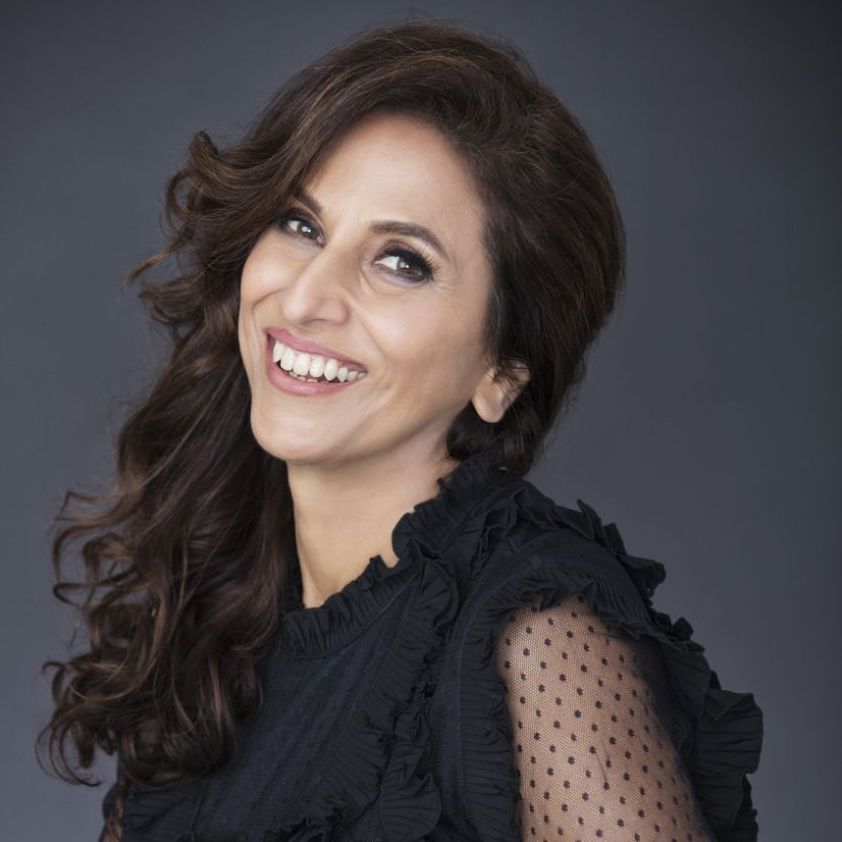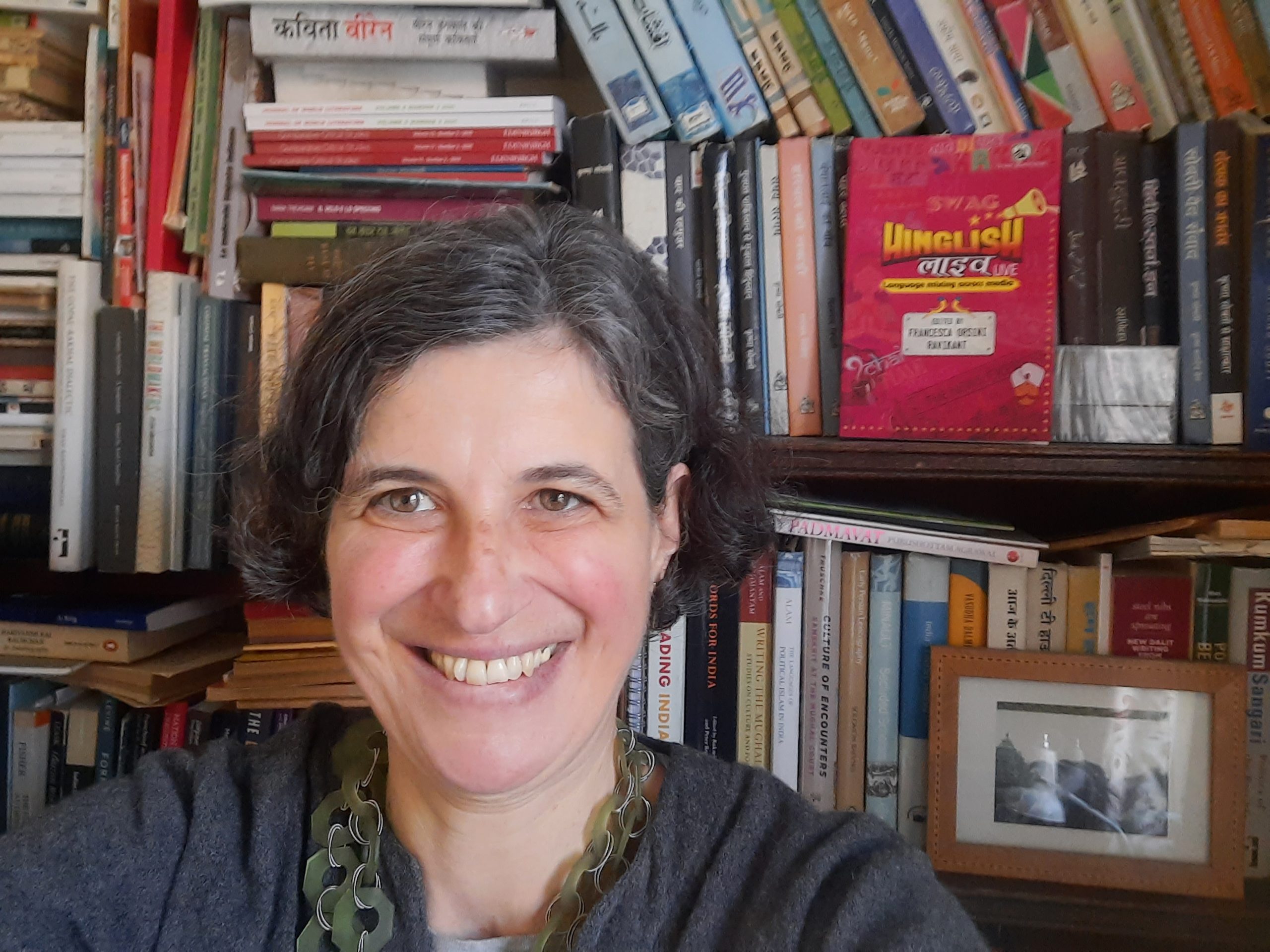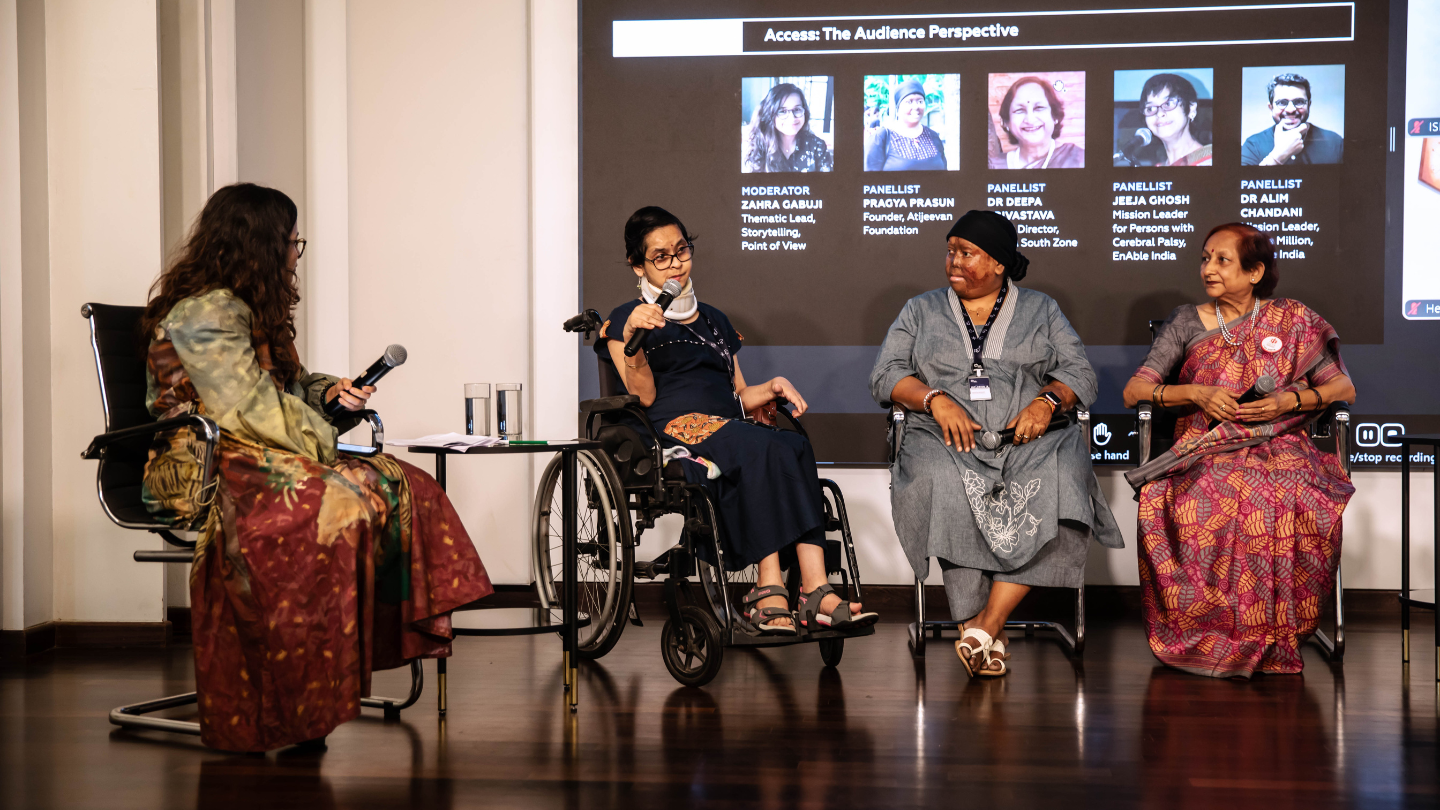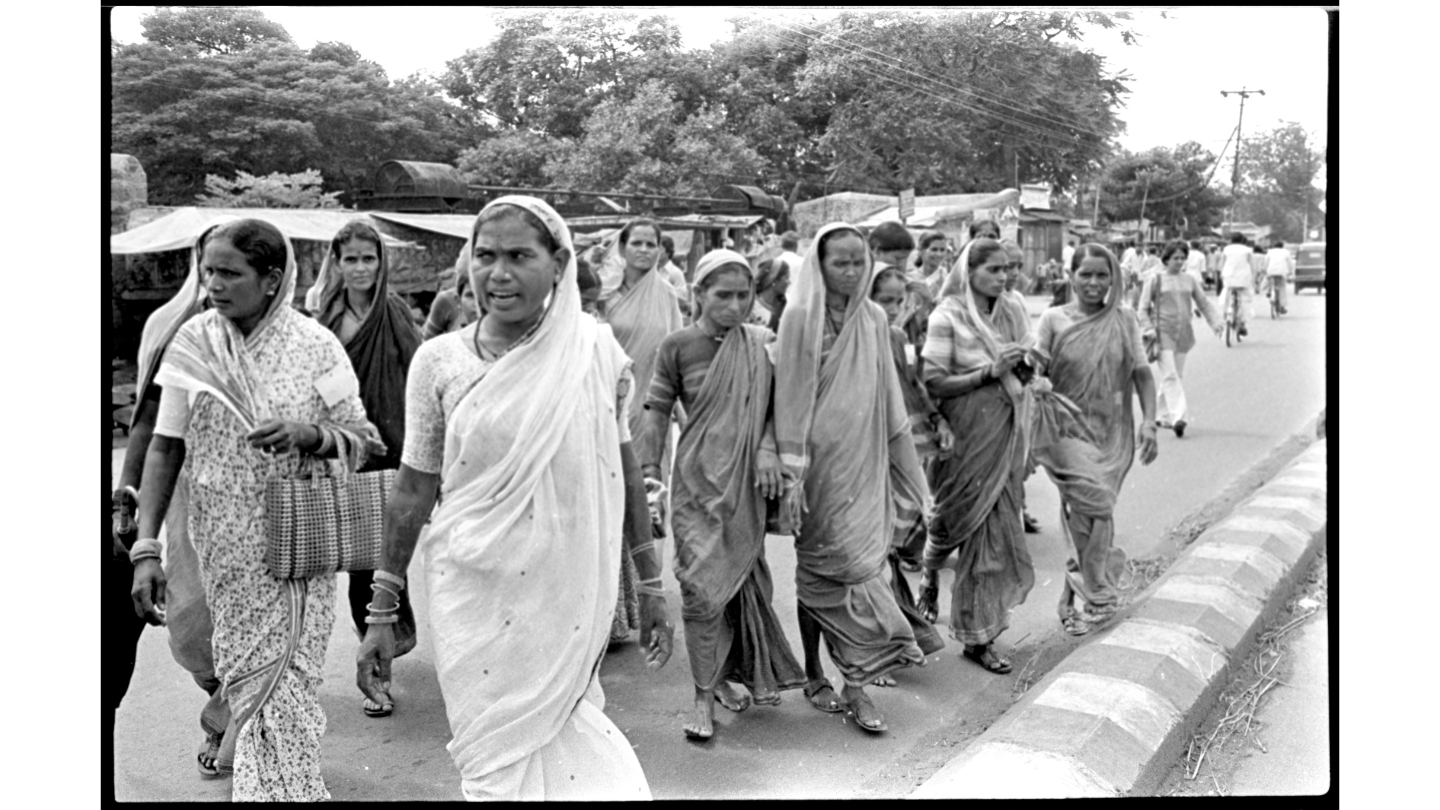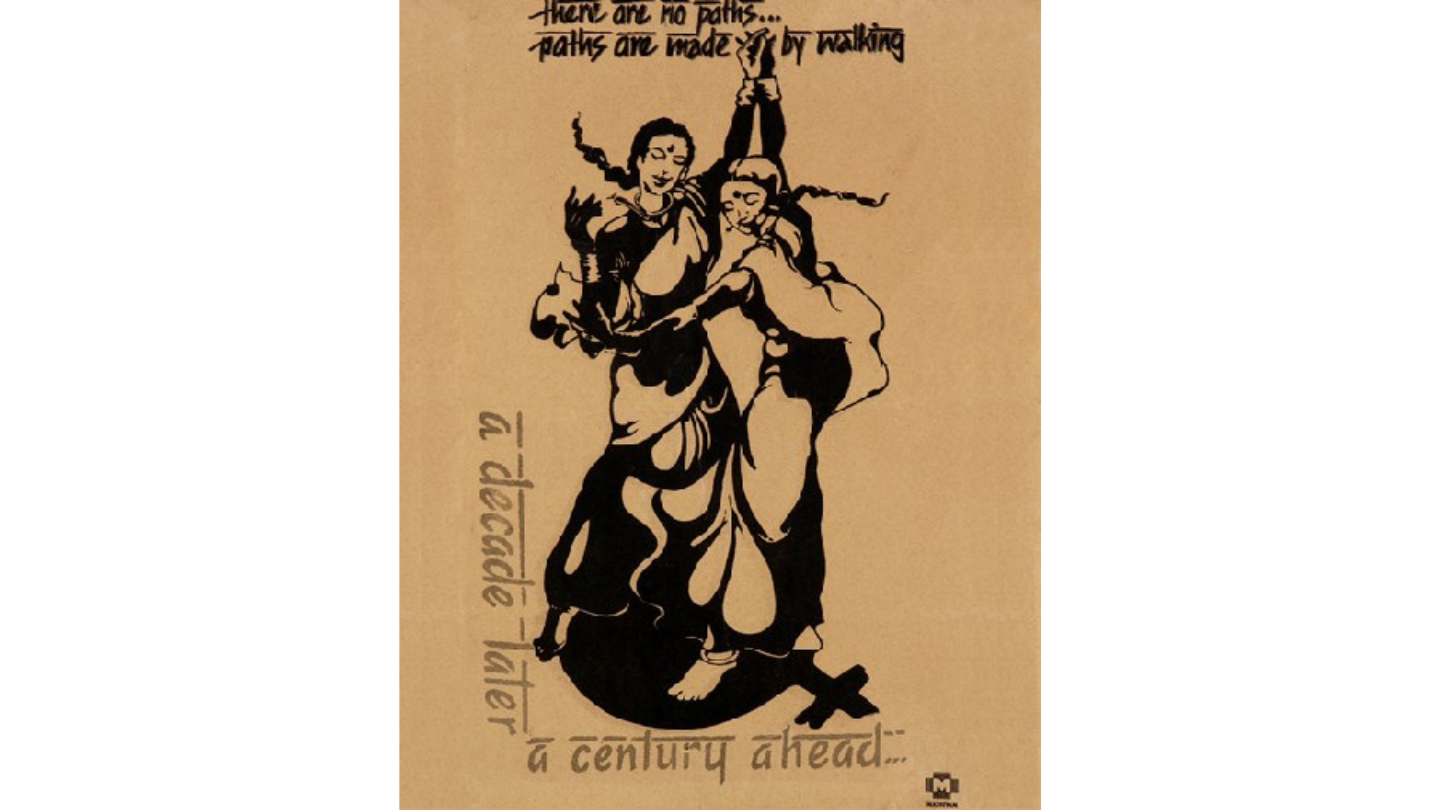Talks
‘म’ se Museum
Rita Kothari, Francesca Orsini, Shobhaa De
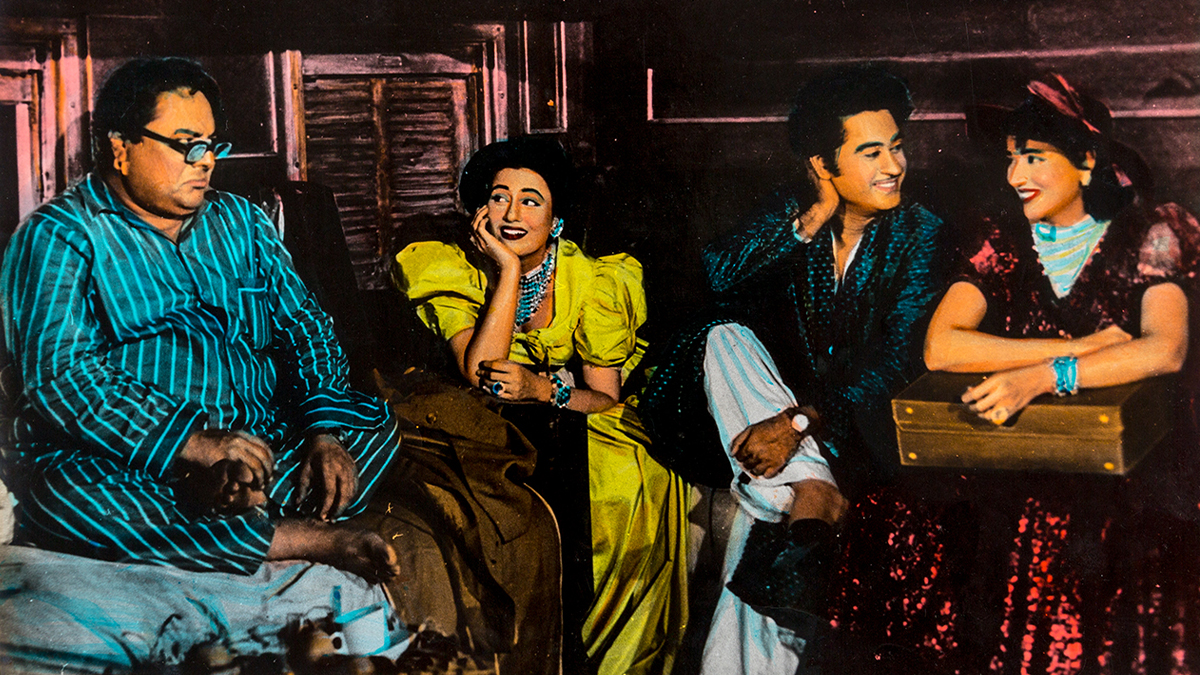
“Yaar, my schedule is poora packed today. But I don’t want to miss the MAP Talk!”
“Which one? Kaunsa wala?”
“Arrey, the Hinglish wala event bro! I’ve been looking forward to it.”
Does this exchange sound familiar to you? If not, let us introduce you to the phenomenon of Hinglish that has taken pop culture by storm.
Hindi-speaking Indians around the world have added a dash of chaat masala to English, blending the colonial language with a desi garnish. Historically, and culturally, a section of Indians have spoken multiple dialects in their lifetimes, weaving in and out of two or more languages in daily life. The Empire added English to the mix, and Indians have made it their own as well.
In this mazedaar session on the pleasures and politics of language moderated by Francesca Orsini, join us as Shobhaa De and Rita Kothari go on a masaledaar journey and discover the fascinating world of apna Hinglish – from columns and books to filmi naach gaana.
